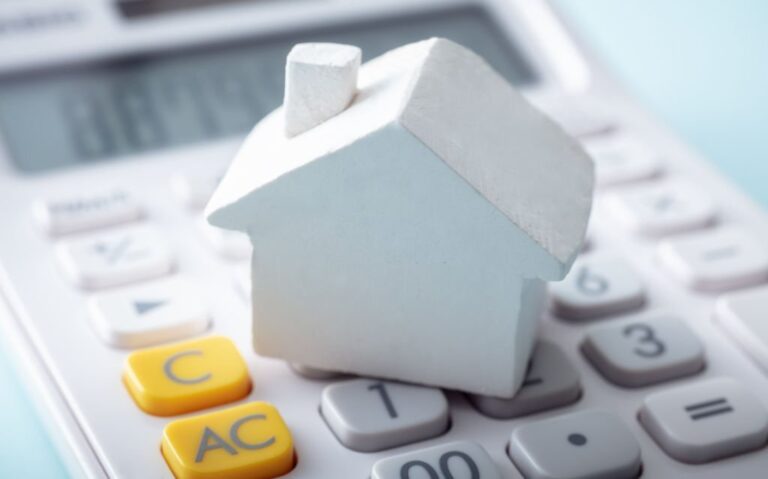What is Valuation?
Valuation, in simple terms, refers to the systematic procedure used to determine the economic value of an asset, be it a business, a stock, or a piece of real estate. It is a fundamental aspect of financial decision-making, as it aids in quantifying the worth of an entity, which in turn influences strategic choices and future plans.
Preparation for a free valuation involves gathering all necessary data about the asset, including its financial history, projected revenues, and inherent risk factors. This information is then processed using suitable valuation techniques such as the market approach, the income approach, or the cost approach.
The Importance of Valuation
Valuation holds utmost importance for numerous reasons. Primarily, it helps determine a business’s financial health or the property’s worth. For instance, regular valuations provide a baseline, helping assess the effectiveness of business strategies over time. In the context of real estate, valuation ensures that property transactions are conducted at fair prices.
Valuation in the Business World
Business valuation is essential in the corporate sphere, with a particularly significant role in mergers and acquisitions (M&A). It aids companies in consolidating business assets through financial transactions, including purchases, mergers, or additions of a company’s significant assets. This process not only requires empirical analysis but also involves strategic rationale. Venture capital firms use valuations to monitor portfolios, M&A teams to evaluate potential targets, and entrepreneurs seeking funding. The valuation process involves assessing metrics like revenue, profits, losses, and business risks, ultimately providing an estimated intrinsic value. As such, business valuation is a critical decision-making tool in the business world.
Why Businesses Undergo Valuation
There are different reasons for a business to undergo valuation. To begin with, it helps owners understand their current position, thereby enabling them to plan for the future. For example, a valuation may reveal areas that need improvement, like technology usage or firm infrastructure, and inform strategic decision-making.
Furthermore, regular valuations allow businesses to measure their progress against set targets and identify potential gaps. It is instrumental in analyzing non-financial aspects, such as corporate structure and client demographics, that drive the underlying value.
Regular Valuations and Their Benefits
When delving into property valuation, there are two key concepts to comprehend: indicative and actual valuations. These terms refer to different methods of assessing a property’s worth, each carrying its own purpose, methodology, and preparation requirements.
Indicative valuation is an approximation of a property’s worth intended to provide an initial estimate rather than a final, definitive value. This kind of valuation can be valuable in the early stages of deciding whether to sell a property or not, as it gives a rough idea of the property’s current market value. It typically incorporates recent sale prices of comparable properties in the area, the property’s size, location, and general condition.

Preparing for an Indicative Valuation
Preparing for an indicative valuation mainly involves gathering necessary information about your property. This could include its size, age, number of rooms, and any significant features or improvements. It’s also essential to take note of recent sales or listings of comparable properties in your area. The more accurate and thorough your information, the more reliable your indicative valuation will be.
Understanding Actual Valuation
On the other hand, an actual valuation—a formal or detailed valuation—provides a more precise assessment of a property’s value. Conducted by a professional appraiser or a certified property valuer, it includes a detailed inspection of the property, analysis of local market trends, and evaluation of other factors like the property’s legal status or any potential structural issues. An actual valuation tends to be more expensive and time-consuming than an indicative valuation but is also more detailed and accurate.
Understanding Actual Valuation
When preparing for an actual valuation, ensuring your property is in the best possible condition is essential. This may involve minor repairs or cosmetic improvements to enhance the property’s appeal. Additionally, gather any necessary legal documents related to the property, such as titles or building plans. This is crucial as the valuer must examine these documents as part of the valuation process.
Assessing a business’s value is a complex process, and there are several methods to undertake it. Three commonly used methods include the Book Value, Discounted Cash Flows (DCF), and Comparable Trading Multiples methods, each with unique preparation requirements.
The Book Value Method
The Book Value method, a key approach in asset-based valuation, ascertains the company’s worth using its balance sheet. It measures the value of the firm’s net assets built up until the present time by subtracting total liabilities from total assets. This figure hypothetically represents the amount shareholders would receive if the company were entirely liquidated. Despite some limitations, it is a useful benchmark for assessing a company’s potential stock fall if market sentiment changes. Book value can provide a snapshot of the firm’s intrinsic value, helping identify undervalued companies.
Preparation for the Book Value Method
To prepare for this valuation, you need to ensure your company’s financial statements are updated and accurately reflect all the company’s assets and liabilities.
Next, the DCF method assumes that a business’s value equals the present value of all its future monetary benefits. This method is particularly useful if the company has robust data to support future operating forecasts. Preparation for a DCF valuation involves forecasting future cash flows and growth rates and determining the required rate of return or discount rate. This requires detailed financial analysis and the ability to make reasoned assumptions about your company’s future performance.
The Discounted Cash Flows (DCF) Method
Finally, the Comparable Trading Multiples method, also known as the comparables method, values a company by comparing it to similar companies in the industry. This approach assumes that similar assets should sell at a similar price. To prepare for this valuation, you will need to identify comparable companies and gather their financial ratios, such as the price-to-earnings (P/E) ratio, price-to-sales (P/S) ratio, and enterprise value-to-EBITDA (EV/EBITDA). Understanding these ratios and how they relate to your company’s performance is crucial.
FAQ:
How do I prepare my home for an evaluation?
Preparing your home for an evaluation involves ensuring your property is clean, well-maintained, and clutter-free. Boost your home’s appeal with regular maintenance, landscaping, and updating old fixtures. Check those necessary installations like smoke detectors and appliances are functional. Address required repairs to avoid potential devaluation.
How to Prepare for a Free Valuation?
Preparing for a free valuation is similar to a typical appraisal process. Ensure your home is clean and well-maintained, remove clutter, mow the lawn, improve curb appeal, and ensure all fixtures and appliances are functional. Highlight any improvements or updates you’ve made to the property that could increase its value.
What is a free valuation?
A free valuation assesses a property’s worth conducted without charge. Real estate agencies or online platforms often offer it to gain potential clients or data. It gives homeowners an understanding of their property’s market value based on size, location, and condition.
Free valuation explained?
A free valuation is a service that roughly estimates how much a property is worth in the current market. It’s generally less comprehensive than a formal appraisal but can give a basic idea of a property’s value. This can be useful for homeowners considering selling or determining a fair offer price for potential buyers.




